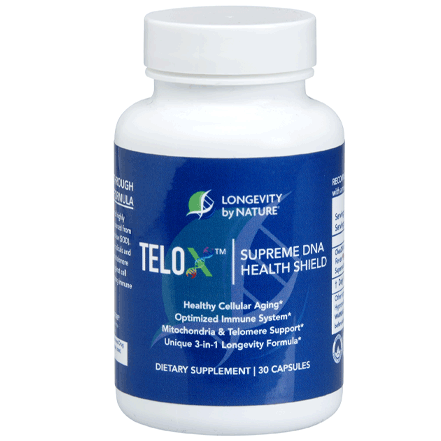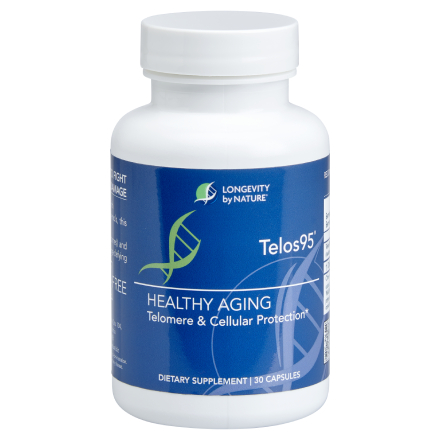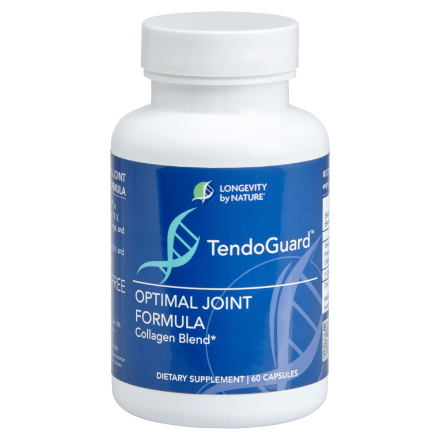February is Heart Health Month, which is the perfect opportunity to renew your motivation on your New Year’s resolution on being healthier or a great way to start and continue a healthy year. Every day we take for granted the amount of strain we put our hearts through because of unhealthy habits, such as: not resting enough, replacing meals with snacks, having little to no exercise, and worrying ourselves to death.
Regardless of age, the health of your heart matters because it is what keeps us alive, so take the initiative to maintain your heart health. Below are several ways to keep your heart strong by making a few changes that will help you in the long-run.
Eat healthy
Being conscientious of what you eat can do wonders for your heart. The best thing is you don’t have to sacrifice your favorite foods, just adapt a few changes to what you already enjoy. Try switching out your diet with these alternatives:
- Reduce your sodium intake or try reduced-salt versions
- Low-fat proteins (skinless chicken, 1% milk, eggs)
- Limit unhealthy fats; try avocados, olive oil, nuts/seeds
- Select whole-grain options instead
- Increase fresh fruit and vegetable intake
Shop best selling products from Longevity by Nature
- Telos95 Telomere Supplement
- H.A.95 Hyaluronic Acid Supplement
- KollaJell Jellyfish Collagen Brain Supplement
- Olea25 Organic Olive Leaf Supplement
- Tendoguard Collagen Joint Support Supplement
- Pure Marine Collagen Peptide Dietary Supplement
- ArthroGuard Collagen Peptides For Dogs & Pets
- Pure Marine Fish Collagen Peptide Powder
Be active
Exercising is an effective way to keep your heart healthy. If your work and home life are sedentary, exercise is necessary to keep your blood flowing to keep your entire body healthy. Numerous forms of exercise range from low-impact exercises, like yoga, to aerobic exercises, such as high-intensity interval training. Start sooner than later, and take it slow if needed, because even walking briskly for 30 minutes can make your heart stronger. Find out what works for you and stay consistent.Time stress
We have mentioned in a past blog that we could be worrying ourselves to death. The stress of our cells can lead to faster cellular death, which means we cannot produce new cells and replenish the ones we’ve lost. Eventually, a significant loss of cells can lead to premature aging and even the shut-down of the body in general. Stress shortens telomeres, the ends of your chromosomes, which protect your DNA and cellular structure. Once that protective tip has diminished from stress caused by oxidizing molecules or free radicals, a rapid decline of cell health occurs. Try to avoid stressful situations or manage the effects of stress in a healthy way, such as enjoying antioxidant-rich foods or exercising.Know your family history
Tracing back your lineage may give information on the risk of heart disease running in your family. Having a family member with heart disease increases your risk, and it is more likely if that person is a sibling or parent. It may not be an issue at your current life stage. However, knowing this information can help you later in life. Be sure to keep your primary physician informed about heart disease in your family. If you have family members with heart disease and want to avoid the risk, you can do so by maintaining a healthy weight, avoid smoking, exercising consistently, and eating healthier. Have any questions? Ask us on our Facebook page!Shop best selling products from Longevity by Nature
- Telos95 Telomere Supplement
- H.A.95 Hyaluronic Acid Supplement
- KollaJell Jellyfish Collagen Brain Supplement
- Olea25 Organic Olive Leaf Supplement
- Tendoguard Collagen Joint Support Supplement
- Pure Marine Collagen Peptide Dietary Supplement
- ArthroGuard Collagen Peptides For Dogs & Pets
- Pure Marine Fish Collagen Peptide Powder







